Set to go into effect in 2024, the Markets in Crypto-Assets Regulation (MICA) is the first all-encompassing effort to tackle cryptoassets. How will its passage change the crypto space?
Back in October this year, the European Parliament voted 28 to 1 in favour of the legislation.
The MiCA regulation brings rules contained in MIFID, Market Abuse and the Prospectus Regulation to the cryptoasset industry.
How will the passage of MiCA impact the current cryptocurrency market? According to Clausematch GRC director Eugenie Casier, crypto is currently under a microscope.
She elaborated, “Recent events with FTX have made everyone aware that crypto exchanges were already having a difficult time operating in line with AML regulation. They may have enjoyed almost a grace period that is looking to come to an end.
“With MiCA, new obligations are added to that mix. An example is that marketing from crypto exchanges will need to be fair, clear and not misleading. That will introduce some friction to the customer journey and shake up the marketing departments in the crypto space.”
In the opinion of Casier, some providers will have to materially change their operations to find an effective answer to the obligations – and that may prove more difficult.
“Crypto is a fairly immature market, MiCA may bring forth further consolidation as they are to meet the standards within a relatively short time frame,” said Casier.
All of this work will require greater professionalism, Casier added, and resources that ultimately will require funding that may not be available.
She concluded, “On the other hand, it will facilitate the rapid geographic expansion of those crypto exchanges. A uniform set of rules makes crossing the border to offer services easier.”
Sverker Tornhagen – financial crime compliance industry practice lead at Moody’s Analytics – believes that the legislation is necessary to provide this segment with further legitimacy and creditability to progress in the current financial market. He added that harmonised regulation will have a positive effect for the future of this sector and strengthen it.
He continued, “According to my sources in the industry, most crypto-asset service providers see MiCA as necessary to give them further legitimacy and better reputation. Regulators in the EU have agreed that MiCA would provide one of the most comprehensive regimes for digital assets to date.
“This also means the industry´s regulatory burden will increase and the relationship with the regulatory authorities will change and become more intense compared to today. This will be a big change that requires a certain type of culture and competence in the companies that may not be there today”
Copyright © 2022 RegTech Analyst

